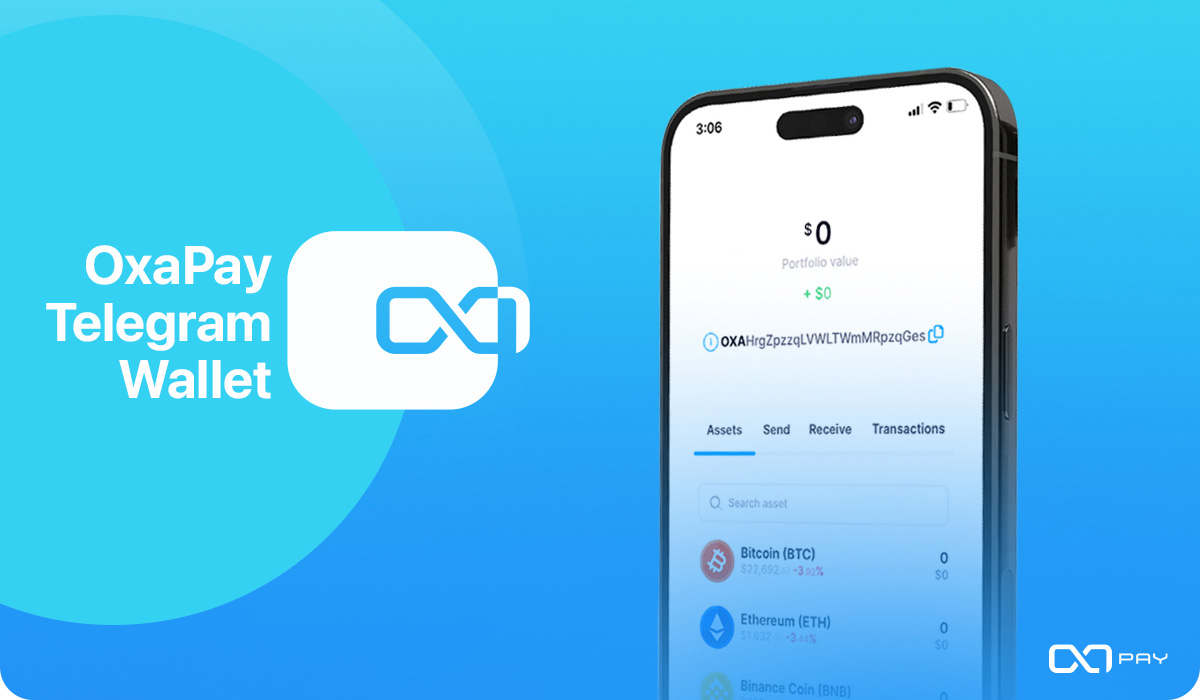
In a surprising and unannounced decision, Telegram Wallet has chosen to block Cuban users' access to its platform. This unexpected action has raised concern and discontent among affected users, as it has led to the freezing of funds they had deposited in this digital wallet. Among the affected cryptocurrencies are Tether (USDT), Toncoin, and Bitcoin, causing a significant impact on those who trusted this platform to manage their digital assets.
The measure has sparked a debate on social media, where cryptocurrency users and experts have expressed their dissatisfaction and raised questions about the transparency and reasons behind Telegram's action. Despite the criticism, it does not seem that Telegram is willing to reverse this decision, leading to speculation about possible motives behind this move.
Some analysts suggest that this blockade could be part of Telegram's broader strategy to enter the US market. The company led by Pavel Durov may be seeking to comply with US regulations and gain access to a key market in terms of cryptocurrency adoption and digital financial services users.
What is Telegram Wallet?
Telegram Wallet, simply known as "Wallet," is a digital wallet that allows Telegram users to buy, sell, send, receive, and store various cryptocurrencies, including Bitcoin (BTC), Toncoin, and Tether (USDT). The wallet operates through a custodial system, meaning Telegram has control over users' private keys. However, it offers a relatively straightforward verification process through mobile identification, making it more accessible for users less experienced in the world of cryptocurrencies.
Telegram Wallet has set an ambitious goal: to have 30% of Telegram users using this platform by 2028. With a current user base of 800 million people, this goal represents a significant but potentially lucrative challenge.
Advantages and Disadvantages of Telegram Wallet
Telegram Wallet has certain advantages that make it appealing to many users. Firstly, it stands out for its ease of use and intuitive interface, which is familiar to those already using the Telegram messaging app. Being natively integrated into the platform, it requires no additional downloads or complicated registrations, reducing the entry barrier for new users.
Moreover, the identity verification process through a mobile phone number is more accessible and user-friendly compared to other cryptocurrency platforms that often require more complex manual verifications.
The backing of Telegram, a globally recognized company with a solid reputation and considerable scaling capacity, adds credibility and trustworthiness to the general public.
However, Telegram Wallet is not without its disadvantages. The main criticism comes from its centralized custody system, which goes against the fundamental principle of decentralization that characterizes much of the cryptocurrency ecosystem. By retaining control of users' private keys, Telegram assumes a level of responsibility and risk that may be a cause for concern for those who value the autonomy and security of their digital assets.
Another significant limitation is the selection of cryptocurrencies available in Telegram Wallet, which is limited to Bitcoin, USDT, and Toncoin. This limited selection may not meet the needs of those who want to trade a wider variety of digital assets.
Geographical restrictions
Additionally, to date, Telegram Wallet has been subject to geographical restrictions, meaning it is unavailable to users in certain countries, including the United States, North Korea, and, as mentioned earlier, Cuba.
In summary, the blockade of Cuban users' access to Telegram Wallet has stirred controversy in the world of cryptocurrencies and raised questions about centralization and transparency in the cryptocurrency finance space. The measure has highlighted both the advantages and disadvantages of this digital wallet and its relevance in the context of global cryptocurrency adoption.
Risk warnings
The views and opinions expressed are the views of Crypto Currency 10 and are subject to change based on market and other conditions. The information provided does not constitute investment advice and it should not be relied on as such. All material(s) have been obtained from sources believed to be reliable, but its accuracy is not guaranteed. There is no representation or warranty as to the current accuracy of, nor liability for, decisions based on such information.
Changes in rates of exchange may have an adverse effect on the value, price or income of an investment.
Past performance is no guarantee of future results and the value of such investments and their strategies may fall as well as rise.

